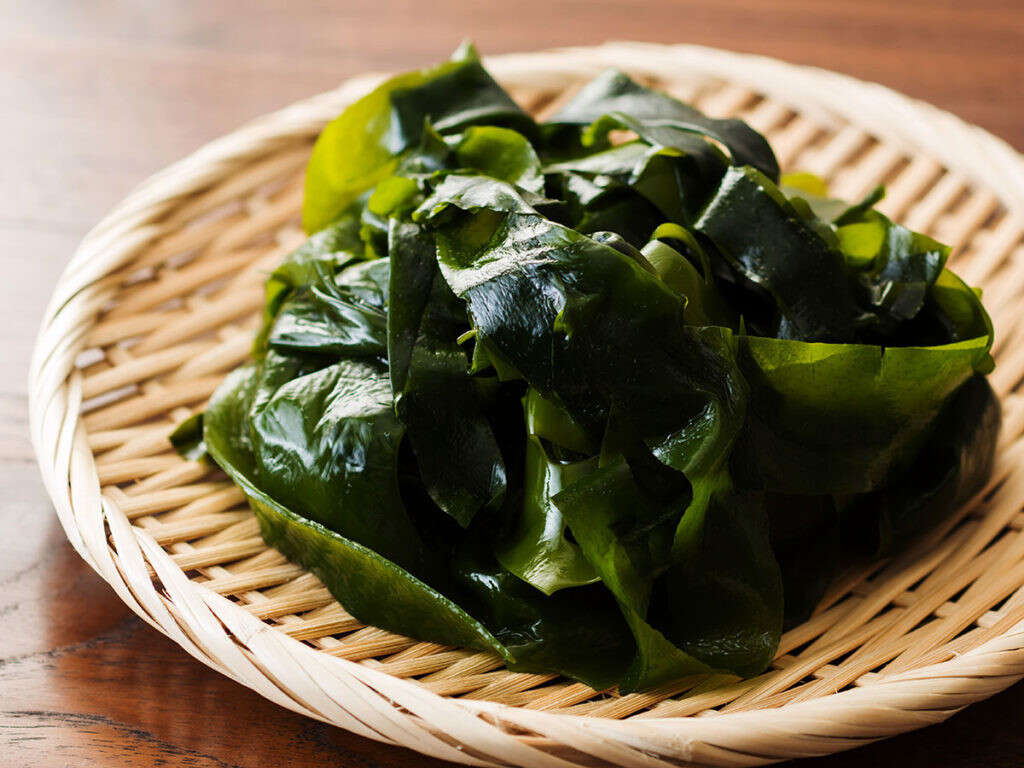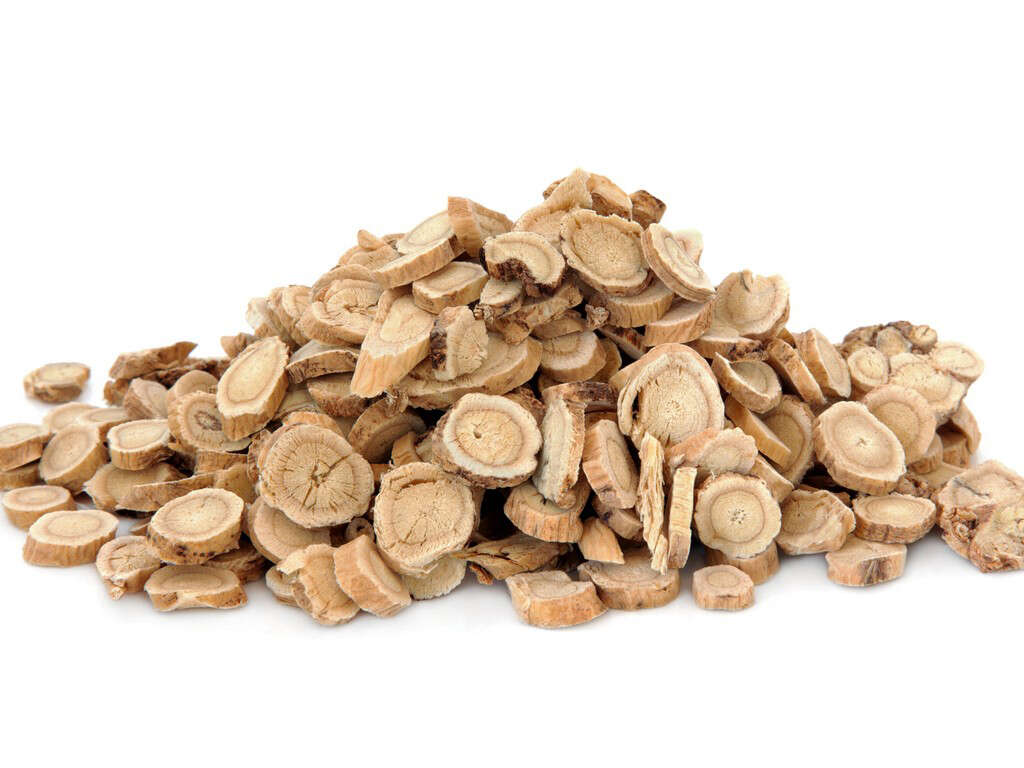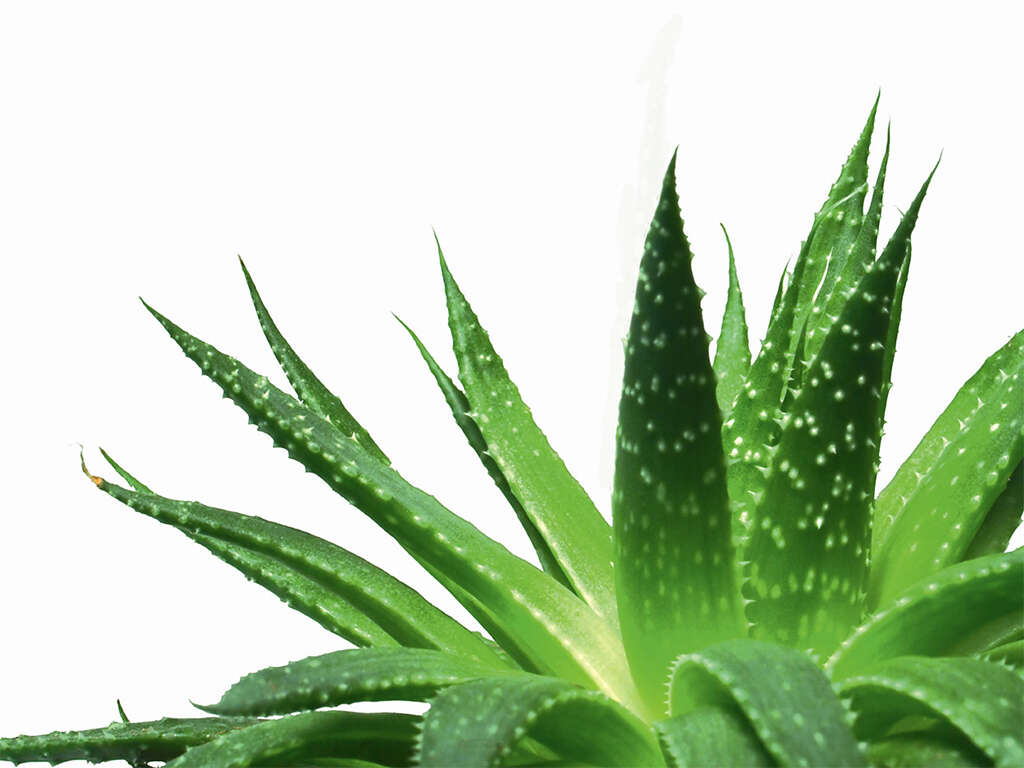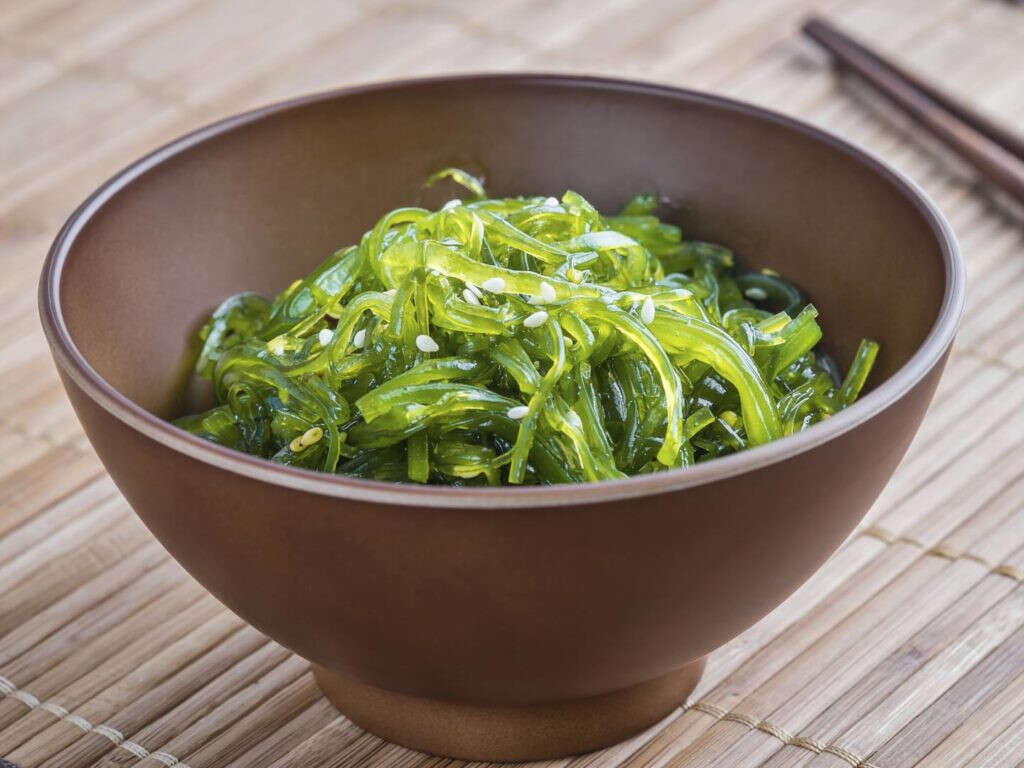10 Benefits of Echinacea
Echinacea is a native North American coneflower which has been used for years in multiple home herbal remedies. Different species of the echinacea plant are used to make medicine from its flowers, leaves, and roots.
Echinacea is known for its many chemical components. TodayeEchinacea is sold in a variety of different forms including as a herb, pill and liquid form and can be used in a variety of ways.

Echinacea Benefit #1: Helps Boost Immune System
Echinacea for centuries has been known to boost your immune system. Echinacea is a powerful immune system stimulator and includes flavonoids, inulin, vitamin c, polysaccharides and essential oils. Today, echinacea is used to combat the common cold.
Studies have shown that echinacea has the potential to cut the chances of catching a common cold by 58% and can reduce the duration of the common cold by almost one and a half days after getting it.
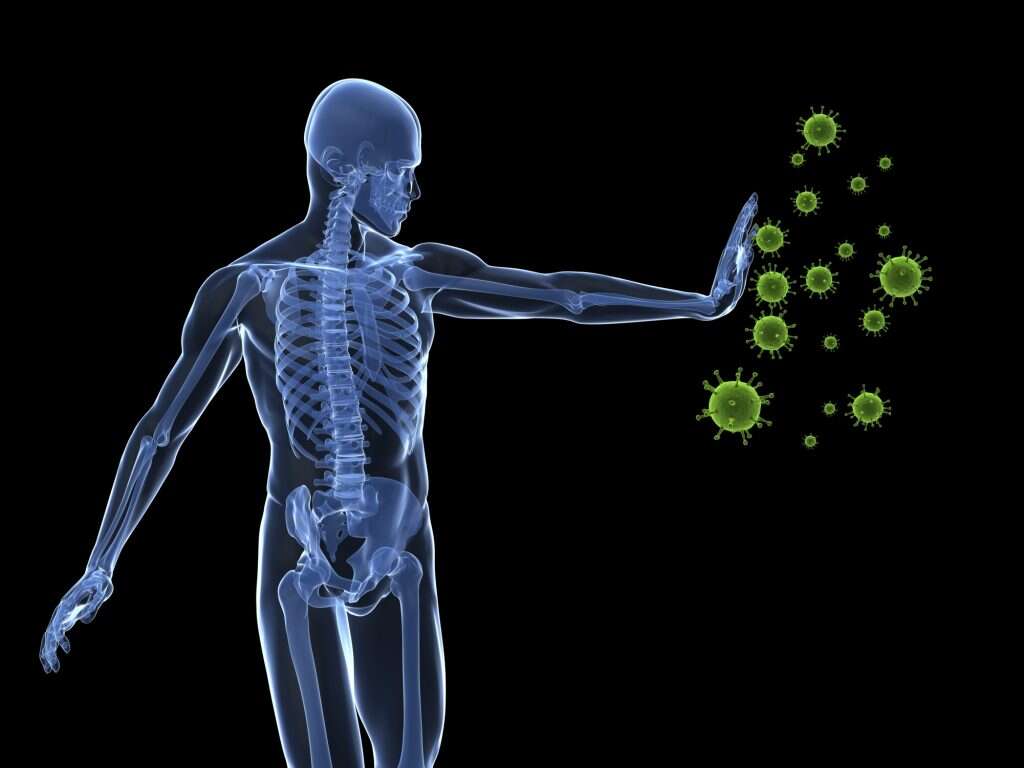
Echinacea Benefit #2: Keeps Teeth Strong
Keeping your teeth healthy and strong is essential to looking and feeling healthy. For many keeping teeth healthy and clean includes limiting sugar, brushing teeth lately and going to regular dentist appointments. However, there are many times where toothaches can appear out of nowhere.
Echinacea has been commonly used for years as a painkiller and as such has been effectively used as a pain reliever for toothaches by drinking it as a tea or applying directly to the tooth.
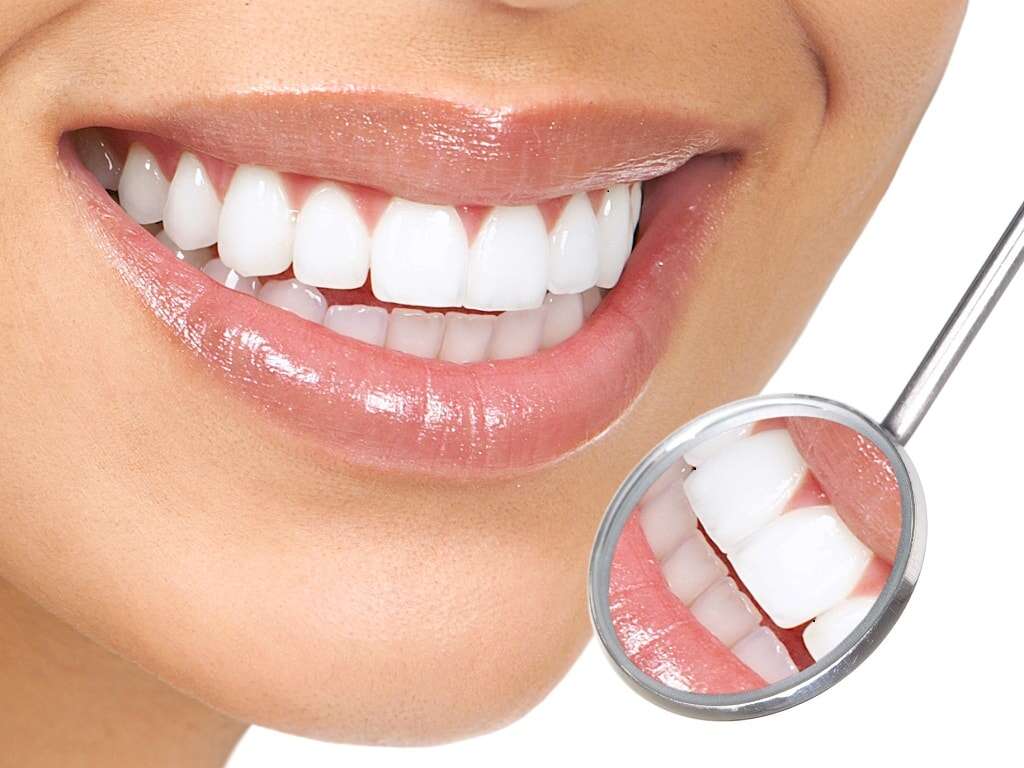
Echinacea Benefit #3: Helps Reduce Inflammation
Inflammation is the basis for many diseases. With the lack of Omega-3 fatty acids in the diet and large consumptions of pro-inflammatory omega-6 fatty acids in the diet it is sometimes difficult to alleviate and reverse diseases caused by inflammation.
Today, research shows that regular consumption of herbal teas containing echinacea helps alleviate pain from inflammatory conditions such as rheumatoid arthritis and uveitis 1https://draxe.com/echinacea-benefits/.
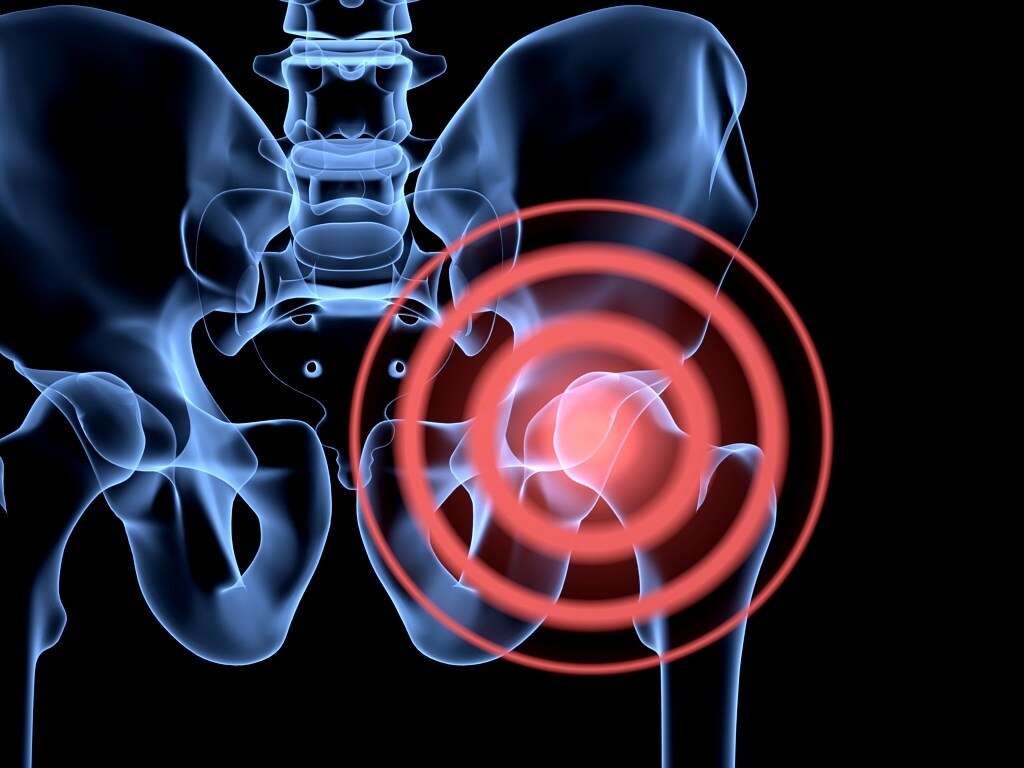
Echinacea Benefit #4: Benefits to Healing Respiratory Conditions
Dealing with conditions such as asthma, bronchitis, tuberculosis and acute sinusitis can be extremely difficult. As mentioned earlier, echinacea is known for its immune boosting and anti-inflammatory effects.
Current studies show that Echinacea when used as alternative medicine for asthma, has the potential to open up airways and help alleviate symptoms 2https://www.ncbi.nlm.nih.gov/pubmed/26364938.
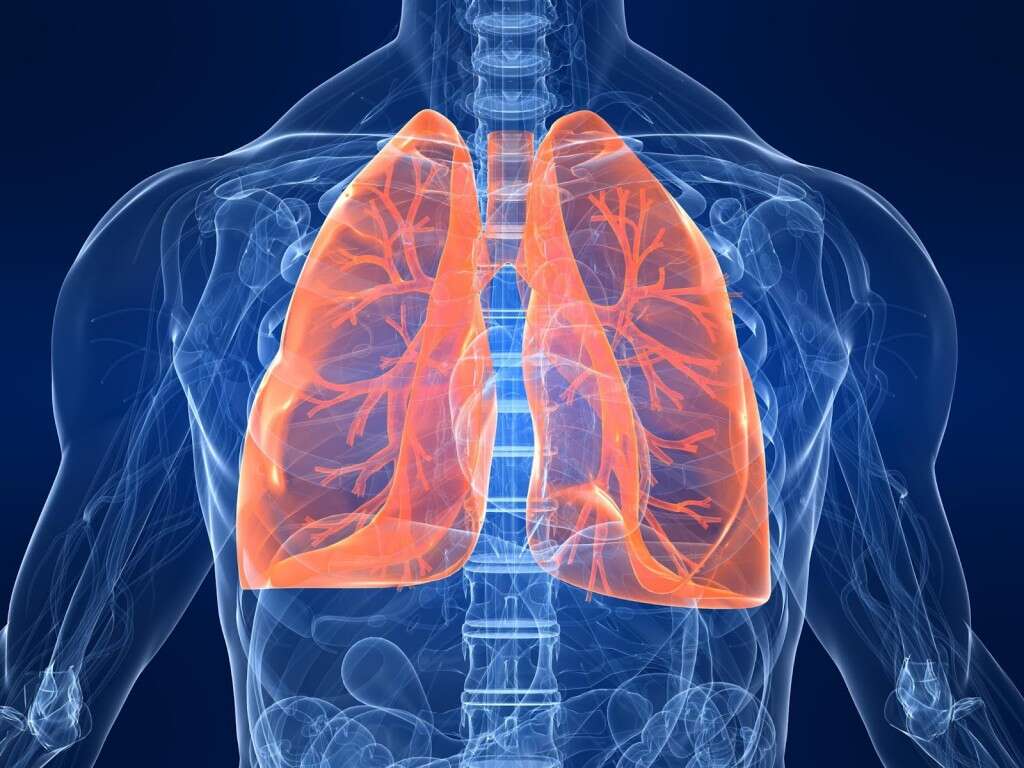
Echinacea Benefit #5: May Prevent Cancer
Dealing with cancer can be difficult for not only the person with cancer but those around them. Echinacea is known to contain phytochemicals which may combat cancer. Although more research needs to be done to know the effect of echinacea to prevent cancer, people have used it for many years for that reason.
Nonetheless, echinacea is known for immune system boost and to help relieve side effects from cancer treatment 3http://www.cancerresearchuk.org/about-cancer/cancer-in-general/treatment/complementary-alternative-therapies/individual-therapies/echinacea.
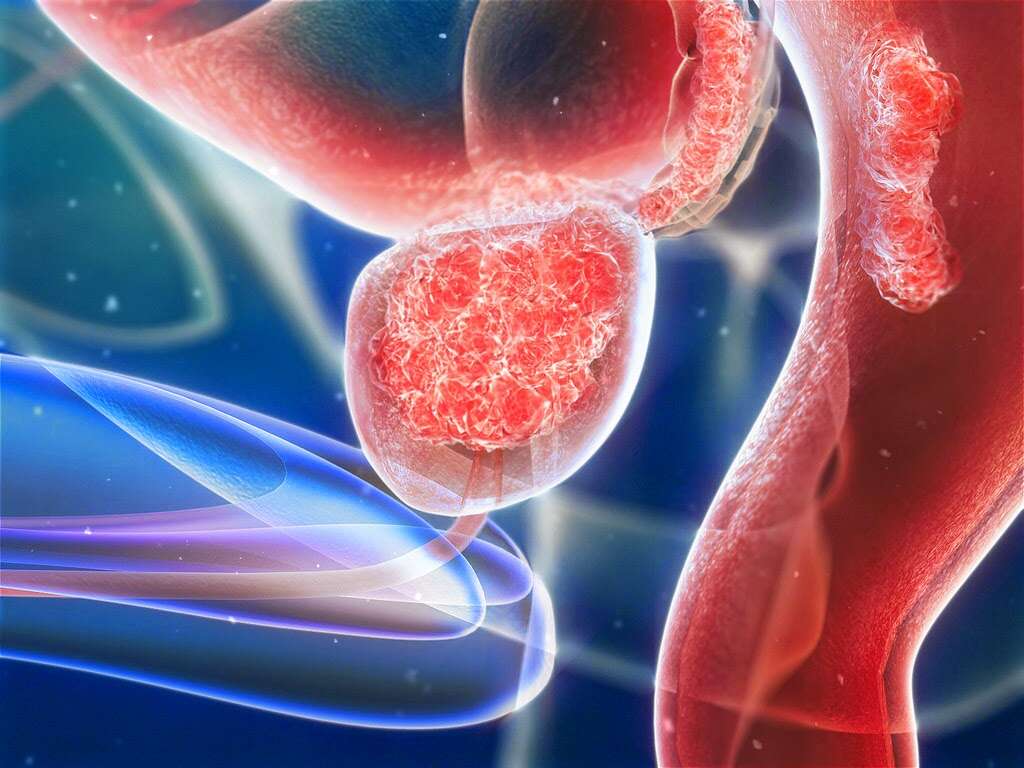
Echinacea Benefit #6: Eases Urinary Tract Infections
Urinary tract infections tend to be tremendously painful and uncomfortable. Urinary tract infections are known as infections in any part of the urinary system. Women tend to be at greater risk for urinary tract infections. Symptoms include burning sensations when urinating, cloudy urine, pelvic pain and strong smelling urine.
For many years, echinacea has been used as alternative medicine to treat urinary tract infections. Although there are no current recommendations, people do drink echinacea as a herbal tea to help alleviate symptoms and treat urinary tract infections.

Echinacea Benefit #7: Treats Sore Throats
The common flu and cold symptom is a sore throat. With its immune-boosting and anti-inflammatory properties, echinacea can be used to help relieve and treat a sore throat. For years people have used Echinacea tea and spray for treating sore throats, tonsillitis, and coughs.
For optimal use, it is recommended to add one tablespoon of dried Echinacea root with a cup of water.

Echinacea Benefit #8: Treats Indigestion and Constipation
Dealing with indigestion and constipation can be extremely uncomfortable. Although today there are a variety of products to help with digestion and constipation, natural products can be a healthier option. Herbal teas for years have been used to help aid discomforts of indigestion and constipation.
Echinacea has been used as a natural laxative which can provide natural constipation relief as well as acting as a calming agent.

Echinacea Benefit #9: Helps Fight Viral and Bacterial Infections
Bacterial and viral infections can be hazardous and life threating. With the rise of antibiotic use, using a natural remedy can be a great alternative. Although there is no human research on the dietary use of echinacea to treat viral and bacterial infections it has been used for years to help combat viral and bacterial infections.
Today, echinacea is also sold as a cream which can lower the rate of reoccurring skin infections.

Echinacea Benefit #10: Skin Health
Keeping skin looking young and healthy can be difficult due to harmful ultraviolet radiation. For years, echinacea has been the common recommendation for people suffering from skin conditions such as psoriasis and eczema.
A study done by Armando Gonzalez Stuart, explains how echinacea has been used for hundreds of years to treat several skin conditions, infections and aid in wound healing 4https://draxe.com/echinacea-benefits/.




